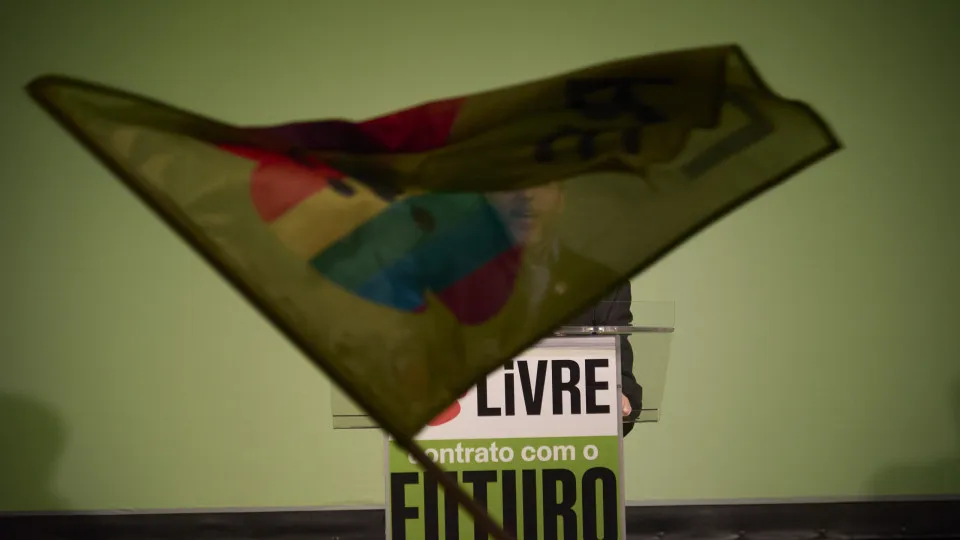The payments for already approved requests will continue, but young individuals submitting new requests must choose between receiving the Salary Prize (tuition refund) or benefiting from the Youth IRS. Paula Franco, head of the Chartered Accountants Association (OCC), believes the latter option could be more advantageous, depending on the situation.
In an article on the OCC website referencing statements to ECO newspaper, Franco stated, “We must be cautious in this analysis,” but emphasized that the “new rules for the Youth IRS offer quite appealing amounts for young people.”
“Generally, in most cases, they can benefit, especially if it is the first year at 100%,” she noted about the IRS refund.
However, it “depends a lot on salary matters,” making it necessary to evaluate each case individually.
One or the Other: Young People Must Choose
The announcement was made this week by the Minister of Education, Science, and Innovation after the Tax and Customs Authority (AT) indicated that the tuition refund will be paid in the second week of September, or this current week.
“Already approved requests will continue to be paid, as announced yesterday (Monday) by the Tax Authority. However, with new requests, graduates will choose between the salary prize and the Youth IRS,” announced the Minister of Education, Science, and Innovation.

The State Budget for 2025 made no mention of the Salary Prize, and for several months, the government portal where requests are submitted has noted that “no new requests are being accepted.” Now it is known that young people will have to choose: receive the Salary Prize (tuition refund) or benefit from the Youth IRS.
What is the Salary Prize?
The Salary Prize for qualification enhancement, effectively a tuition refund, is intended for young people up to 35 years old residing and working in Portugal. It was approved by the government led by António Costa in 2023 and included in the 2024 State Budget.
The 2025 State Budget did not mention this mechanism, and for several months the government portal stated that “no new requests are being accepted” and that “the deadline for submitting requests in 2025 has not yet been announced,” raising doubts about the measure’s continuity.
How Does the Youth IRS Work?
The new Youth IRS model, effective since January 1, 2025, is more comprehensive than its predecessor as the maximum age for beneficiaries increased from 30 to 35 years, and the benefit duration doubled from five to ten years.
Moreover, access to the system no longer depends on educational level (previously, only young people with at least a bachelor’s degree benefited), and the exemption limit increased.
The Minister of Education argued that this mechanism “goes in the right direction by allowing all young people to quickly recover their educational investment through better salaries and jobs.”
Considering that “the basic concept of the salary prize is flawed and ineffective,” the Government decided that young graduates wishing to benefit from the measure must forgo the Youth IRS.




